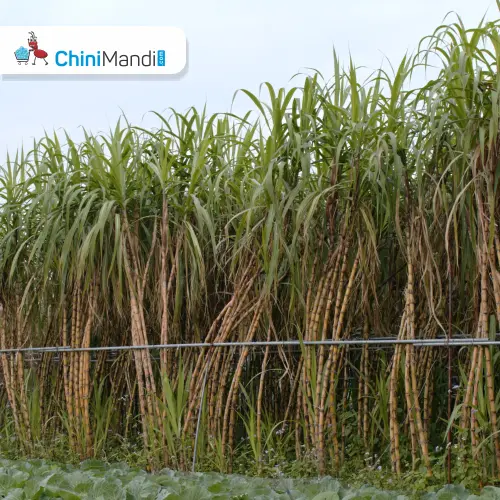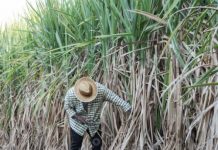Islamabad [Pakistan], June 6 (ANI): Women are regarded vital part of the agricultural sector in Pakistan. However, gender-based inequalities in Pakistan are huge such as land ownership, accessing inputs, extension and financial services, Pakistan-based The Nation reported.
The International Food Policy Research Institute in the study found that climate change is projected to cause a decline in Pakistan’s agricultural yields of up to 40 per cent by 2050, further exacerbating food insecurity for women, Sania Arif wrote in The Nation report.
The agriculture sector of Pakistan contributes 18.9 per cent to GDP and employees 42.3 per cent of the labour forces, including women. According to the estimates, half of Pakistan’s population still lives in rural regions and directly rely on the agriculture, including production of wheat, cotton, sugarcane, rice, mangoes and dates, according to The Nation.
Still, Pakistan faces a huge food crisis due to rapidly increasing population and inadequate food productivity. Currently, Pakistan is ranked at 92nd position out of 116 nations in Global Hunger Index, as per the news report.
A report by IPCINFO, which carried out survey in districts of Khyber Pakhtunkhwa, Balochistan and Sindh revealed that all these regions are facing high prevalence of food insecurity, malnutrition and poverty.
As per the news report, the floods in 2022 have made the situation worse as one-third region of Pakistan went underwater and caused 1,700 casualties and impacted around 33 million people. Pakistan requires USD 16 billion to recover. The report said, “Around 17 million women and children are at risk of preventable disease.”
Women are regarded key part of Pakistan’s agriculture sector. However, gender based inqualities in Pakistan are huge. Women are one of the most impacted by the 2022 floods as recounted in stories of various women, as per The Nation report.
According to farm worker Asmat Jaskani, the flooding destroyed wheat fields that used to provide her income. She said that the earning from the wheat crop after the floods is reduced to half. Jaskani stated that they are a family of 30 people in the house and don’t have savings from the harvest.
“After the floods, the earning from our wheat crop is now half, as we are thirty people in our house, and we don’t have any savings from the harvest, so how will we eat?,” The Nation quoted Asmat Jaskani as saying.
Sakeena Gadhi, another farm worker from Sindh, said that only one wheat crop is cultivated in their village and flood washed away our homes. She said that they have returned to their village after living in tents for 10 months and added that there is nothing left in the village.
As per the news report, there are hundreds of such stories in the flood-affected regions and the flood situation does not appear to get better as Climate Risk Country Profile, projections for Pakistan for the next 10 years suggest, “yield declines in many key food and cash crops, including cotton, wheat, sugarcane, maize and rice.”
It implies that Pakistan needs to work on emergency footings to counter the looming threat of food insecurity. One of the solutions for Pakistan to resolve the issue is to recognize women’s informal labour, Sania Arif wrote in the report.
According to analysts, it will be impossible for Pakistan’s government to address the serious issue without recognizing the women’s role and current plight, according to The Nation. A recognized, independent and government policy-supported model for women in the agricultural sector, in particular is the primary way to address the issue and tackle the problem of food insecurity. (ANI)












